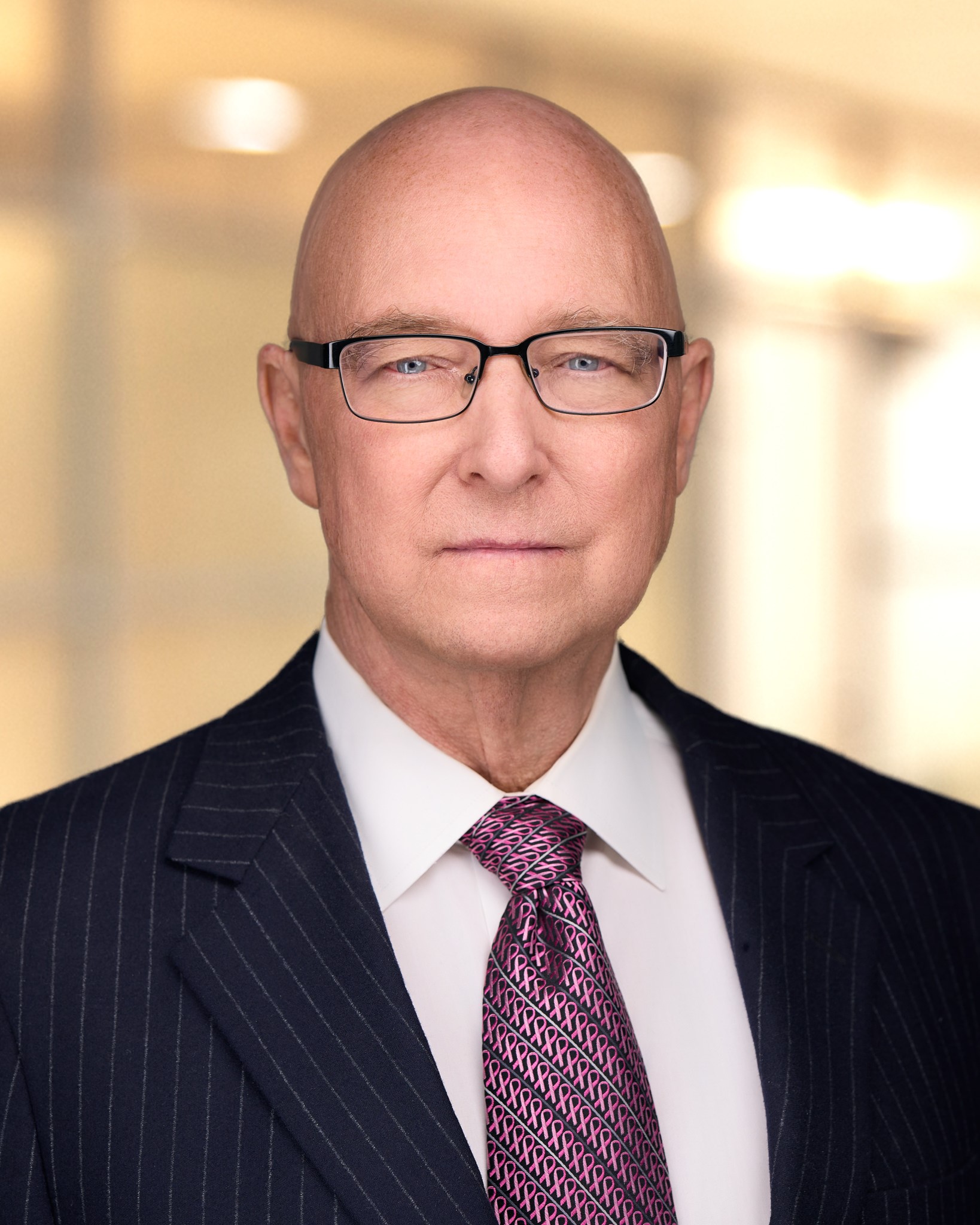On March 27, 2020, with the Coronavirus Aid, Relief, and Economic Security (“CARES”) Act, Congress allocated $350 billion to help small businesses keep workers employed while we address the novel Coronavirus pandemic and the resultant economic disruption. One component of the CARES Act is the Paycheck Protection Program (“PPP”). The PPP provides 100 percent federally guaranteed loans to small businesses that may be used principally to fund payroll obligations. If the funds are used for approved expenses (which are more than only payroll), the loans may be forgiven. After the initial $350 billion was exhausted, another $310 billion was appropriated for PPP loans.
With a program of this magnitude, it is not surprising that litigation has ensued. Some of those lawsuits have involved persons clearly violating the terms of a PPP loan that has been awarded. Other suits have challenged limitations on the ability to apply for a PPP loan or limits on how the loan proceeds may be used.
Today we want to give you a flavor of these suits.
Abusive and Fraudulent PPP Loans
You have no doubt read, press reports about PPP loans going to publicly traded companies and well-known private ventures (e.g., the Los Angeles Lakers) and the objections that these ventures should not have participated in a program aimed at protecting “small business.” Those are not the loans we are here discussing.
Remember that the amount of a PPP Loan is determined by the pre-pandemic payroll of the borrower. On May 5, the U.S. Department of Justice brought suit against a man in Massachusetts and another man in Rhode Island alleging fraud in the application for a PPP loan totaling $543,881. According to the DOJ charges, in the application they certified that they had “dozens of employees earning wages at four different business entities when, in fact, there were no employees working for any of the businesses.”
When the amount of the loan is linked to payroll, and the payroll is zero, its rather difficult to make out a claim for a PPP loan.
In another instance a part-time “reality TV” star and owner of a trucking company requested and received a PPP loan of more than $2 million. PPP loan proceeds may be used only for certain purposes including employee payroll expenses, rent and utilities. In this instance the loan proceeds were used to pay off the business owner’s past-due child support, for jewelry and a Rolls-Royce. He has now been charged with bank fraud by the Department of Justice. You may assume that none of child support, jewelry or a Rolls-Royce are permitted expenditures of a PPP loan.
In yet another instance, more than $3 million in PPP loans were sought for a business that did not exist and for which there was no payroll. The Justice Department has announced those charges.
Permissible Borrowers
While the CARES Act, which created PPP, imposes certain limits upon who may be a borrower, by regulation the Treasury has sought to further limit the loans’ availability. There have been a significant number of suits challenging limitations upon who may be a borrower of PPP loans.
One significant limitation is that companies in bankruptcy were declared ineligible to participate in PPP loans. The Treasury Department adopted a temporary regulation that barred companies in bankruptcy from applying, and the Small Business Administration’s application form provided that companies in bankruptcy are excluded from the program.
Numerous companies challenged being barred from even applying for PPP loans. While some, such as Asteria Education Inc. in San Antonio, Texas, were not successful in the argument that they could not be excluded, other companies have been more successful. In our backyard is a bankruptcy case, In re Americore Holdings, LLC, currently pending in the Eastern District of Kentucky before the Honorable Judge Schaff.
On May 8, Judge Schaaf issued a temporary restraining order enabling Saint Alexis Hospital Corporation to apply for PPP funds notwithstanding that it is currently in bankruptcy. Numerous similar decisions have been handed down from bankruptcy courts around the country. However, the results are not the same even in our backyard. In re Hartshorne Holdings, LLC is a coal operator Chapter 11 in the Western District of Kentucky before Judge Thomas Fulton. There the Debtor brought a challenge to the exclusion of bankruptcy debtors from the PPP. On June 1, 2020, Judge Fulton ruled against the Debtors, but not on substance. The Court held that the Debtor was doing well enough financially that it did not meet the standards required for preliminary injunctive relief. Many more of these bankruptcy restriction challenges have been brought around the country.
As reported in Forbes and other publications, a number of “gentlemen’s clubs” have brought suit alleging that the Treasury did not have authority to bar them from participation in the PPP loans even though they generally are barred from receipt of SBA backed loans. Reviewing a case filed in Flint, Michigan, a federal district judge has sided with the club and determined that the SBA may not exclude it from applying for and receiving a PPP loan. Another decision of a similar nature was issued in Wisconsin.
Another group excluded from participation are political and campaign strategists. In one case they lost, but not on the merits. Rather, irrespective of whether it might be true they were wrongly excluded for participation in PPP, the judge did not believe he had the authority to issue the requested injunctive relief. An appeal has been filed.
All else being equal, companies in the marijuana business should be excluded from participation in PPP. But these are not equal times, and it may be argued that those businesses may participate. At least one company in a related industry that would normally appear to be barred from participation has received a PPP loan, but it is unclear if the question was ever raised.
The Use of PPP Loan Funds
Famously, PPP loans may be forgiven only if not less than 75 percent of the loan proceeds (both the House and the Senate have passed amendments to the CARES Act reducing the 75 percent to 60 percent) are used to pay payroll costs, leaving not more than 25 percent (to be raised to 40 percent) for other permitted expenses such as rent and utilities. While what the PPP loan proceeds may be used for is detailed in the CARES Act, it does not contain the 75/25 percent requirement for forgiveness. As borrowers begin seeking forgiveness, which should start in about a week, and realize they are short of this requirement, we would expect to see challenges to this regulation. An article in Forbes considers this question. However, with the recently passed amendments to the CARES Act and the reduction of these limits to statute, those challenges likely have lost most of their viability.
Lawsuits Against the Lender Banks
A variety of lawsuits have been filed against banks challenging the manner in which they handled PPP loan applications. While the CARES Act requires that loans be processed on a first-come, first-served basis, it has been alleged that certain banks solicited favored customers to apply and then processed those applications first. Exactly what is meant by the first-come, first-served requirement will be resolved in those suits.
In other suits it is asserted that banks only processed applications for customers with whom they had a pre-existing relationship. One point that will be at issue in these suits is that the lender banks were not exempted, in making PPP loans, from the “know your customer” requirements of the Bank Secrecy Act. As those requirements were already satisfied as to existing customers, they imposed an additional step in handling applications from new customers. In one decision, Profiles, Inc. v. Bank of America Corp., Case 1:20-cv-00894-SAG (April 13, 2020), it was held that there is no private cause of action for the alleged violation. Rather, “Even assuming that the CARES Act grants PPP loan applicants with some statutory right to apply through a particular lender of choice (which is, itself, dubious), nothing in the text evidences Congress’s intent to enable PPP loan applicants to bring civil suits against PPP lenders to enforce that right.” Slip op. at 13.
Stay tuned; no doubt there will be more lawsuit spawned by the CARES Act and the PPP.
****
Stoll Keenon Ogden understands that these are trying times for our clients and our country. Our firm operations have continued uninterrupted and our attorneys are equipped to serve as we always have – for more than 120 years.
Please also be sure to consult the Stoll Keenon Ogden Coronavirus Resource webpage for additional articles and information related to the latest information on new laws and directives enacted by federal, state, and local governments in response to the Coronavirus pandemic.

